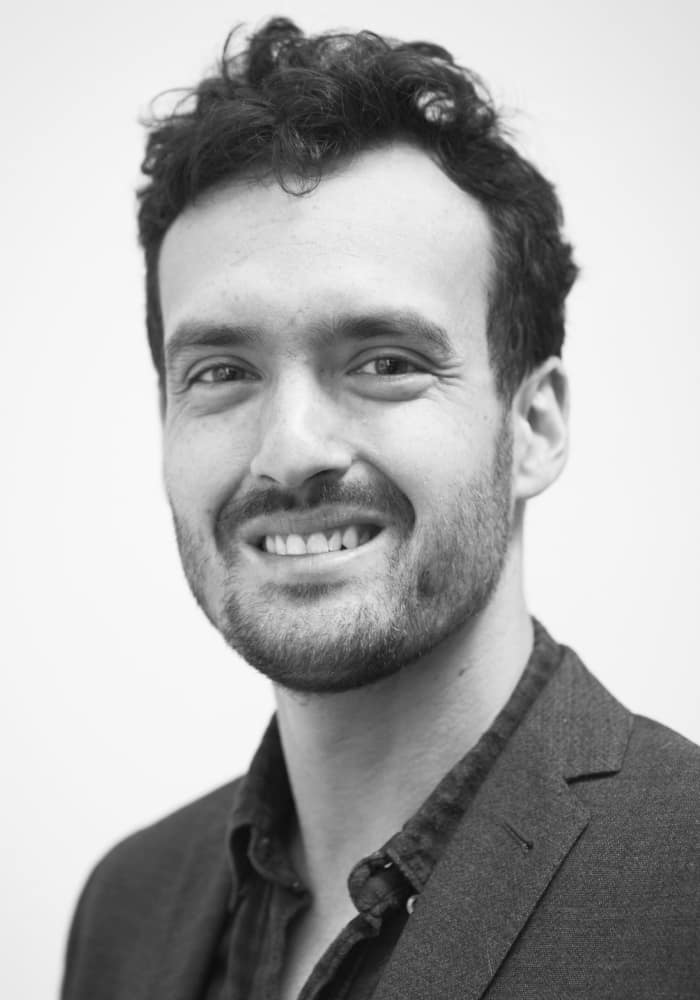Breaking Out of the Simulation: Can We Hack Our Way Out of the Universe?
In the 4th century BC, the Greek philosopher Plato theorised that humans do not perceive the world as it really is. All we can see is shadows on a wall. In 2003, the Swedish philosopher Nick Bostrom published a paper which formalised an argument to prove Plato was right. The paper argued that one of the following three statements is true:
1. We will go extinct fairly soon
2. Advanced civilisations don’t produce simulations containing entities which think they are naturally-occurring sentient intelligences. (This could be because it is impossible.)
3. We are in a simulation
The reason for this is that if it is possible, and civilisations can become advanced without self-destructing, then there will be an enormous number of simulations, and it is vanishingly unlikely that any randomly selected civilisation (like us) is a naturally-occurring one.
Breaking out
Some people – like me – find this argument pretty convincing. As we will hear later, some of us have added twists. But some people go even further, and speculate about how we might bust out of the simulation.
One such person is Roman Yampolskiy, a computer scientist at the University of Louisville, and director of a cyber-security lab. He has just published a paper (here) in which he views the challenge of busting out of the simulation through the lens of cyber security. The paper starts from the hypothesis that we are in a simulation and asks if we can do something about it. The paper is a first step: it doesn’t aim to provide a working solution. He explains his thinking in the latest episode of The London Futurist Podcast.
Roman is pretty convinced that we are in a simulation, for a number of reasons. Quantum physics observer effects remind him of how in video games, graphics are only rendered if a players is looking at the environment. Evolutionary algorithms don’t work well after a week or two, which suggests that engineering is required to generate sufficiently complex agents. And the hard problem of consciousness becomes easier if you consider us as players in a simulation.



















